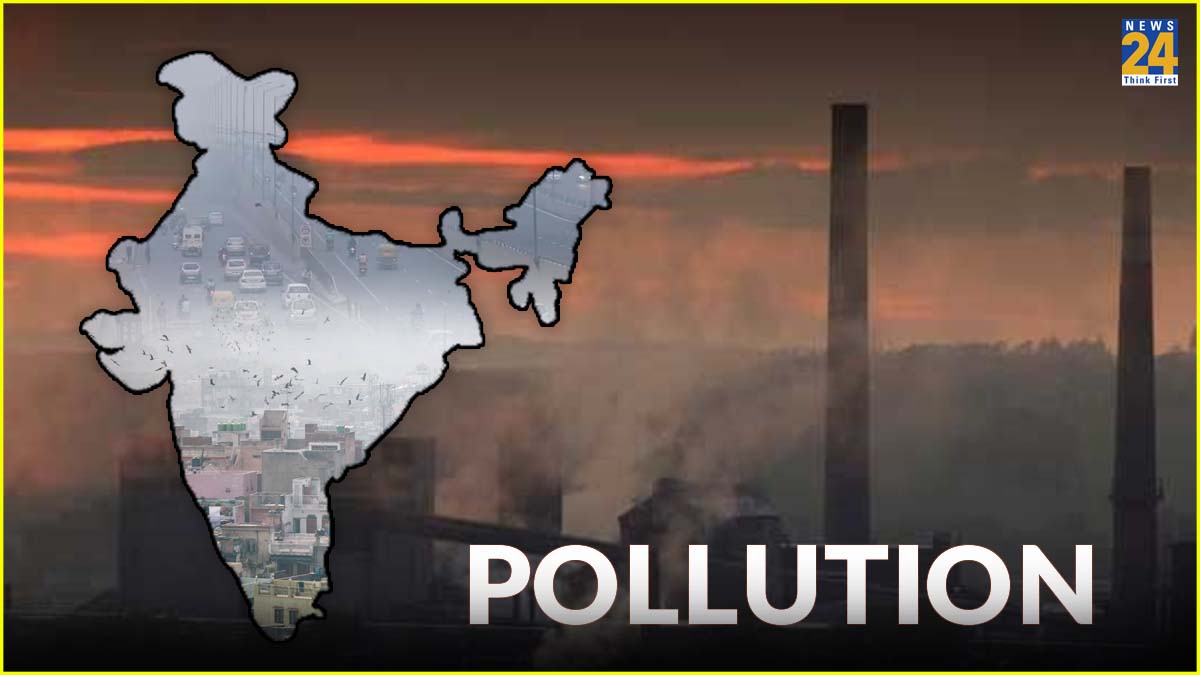In 2023, India ranks among top third in the list of the most polluted countries globally as Begusarai, a city in Bihar became the worlds most polluted cities, as per the 6th Annual World Air Quality Report. The shocking revelations of the report highlights the urgent need of precautionary measures against the surging air pollution in order to control the situation and to improve India’s environment.
As per report, out of the 100 worst polluted cities in the world, 83 cities are in India, while India’s average PM2.5 concentration was recorded at 54.4 µg/m3, surpassing the WHO guideline by more than tenfold.
According to the #WorldAirQualityReport 2023 by Swiss organisation #IQAir, Bihar's #Begusarai emerged as the world's most polluted metropolitan area while #Delhi was identified as the capital city with the poorest air quality. With an average annual #PM2.5 concentration of 54.4… pic.twitter.com/fUhJOkCXkK
— Upendrra Rai (@UpendrraRai) March 19, 2024
---Advertisement---
Also read: Kahani Ghar-Ghar Ki? Why Did Sita Soren Quit JMM, Join BJP
The WHO’s annual guideline value of PM2.5 concentration stands at 5 µg/m3.
Begusarai has reported an average PM 2.5 level of 118.9 µg/m3 in 2023 which is 23.5 folds more than that to World Health Organisation (WHO) recommendation limit, report stated.
Additionally, Begusarai (118 µg/m3), Guwahati (105.4 µg/m3), and Delhi (102.1 µg/m3) are the top three cities with the highest PM 2.5 concentration level recorded last year, the report indicated.
Also read: Bengaluru Police Seize Explosives Near Bellandur School, Investigation Underway
The results also suggest a wider regional concern, with Central & South Asia hosting the top ten most polluted cities globally, underscoring the urgent requirement for joint endeavors to tackle cross-border haze and other pollution origins worsening the condition.
“Only ten nations and territories had air quality levels deemed “healthy”: Finland, Estonia, Puerto Rico, Australia, New Zealand, Bermuda, Grenada, Iceland, Mauritius, and French Polynesia,” the report further stated.
The critical insights came after a comprehensive analysis been done based on data from over 30,000 air quality monitoring stations worldwide.
What is PM2.5?
Particle pollution also known as PM2.5, becomes a concern when air quality reaches unhealthy levels. Inhaling elevated levels of PM2.5 can heighten the risk of several health problems such as heart disease, asthma, and low birth weight. Additionally, unhealthy levels of PM2.5 can diminish visibility and create a hazy appearance in the air.













